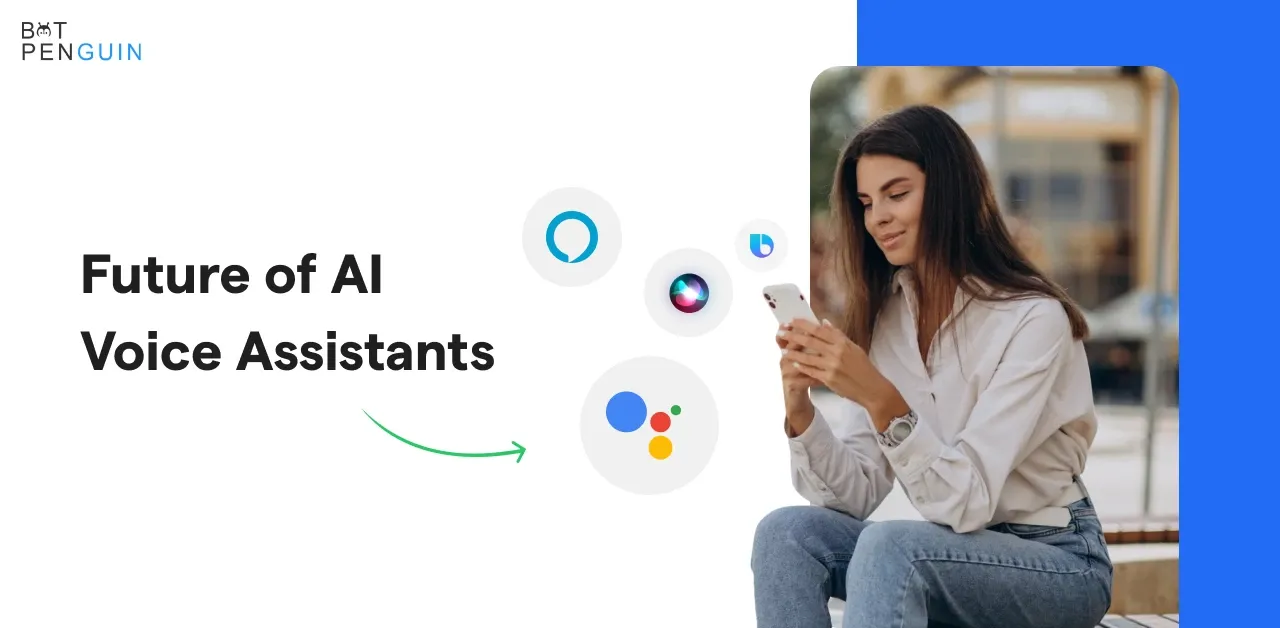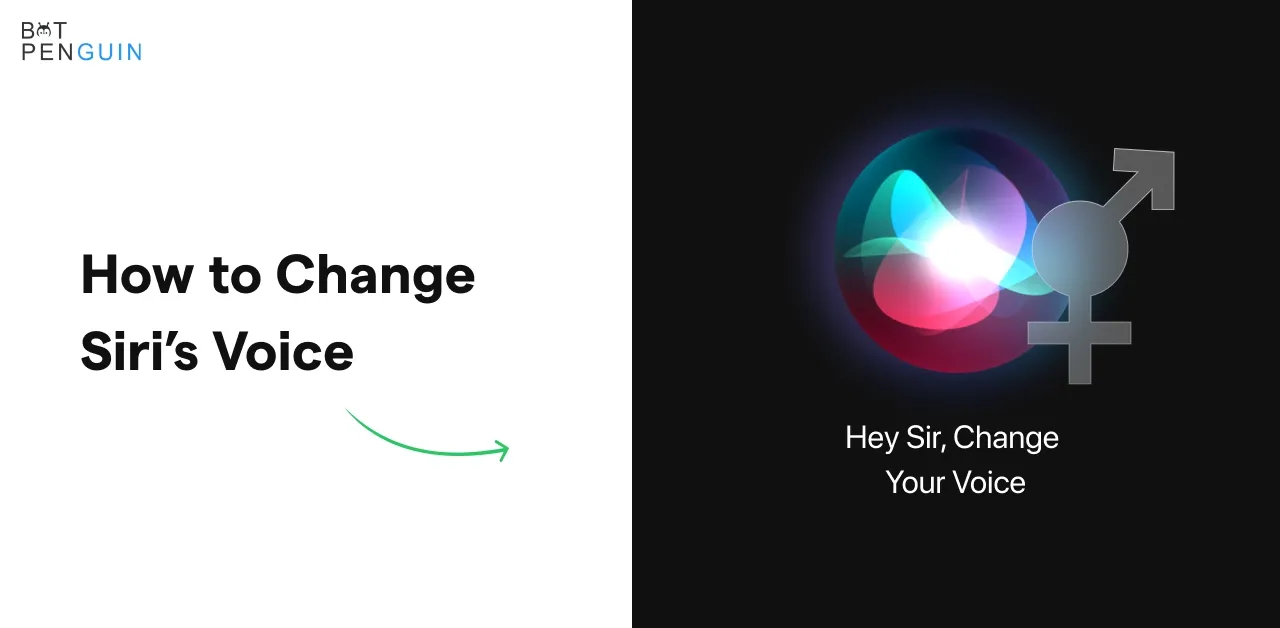Introduction
How we communicate with businesses has evolved rapidly in recent years, with technology playing a major role in shaping the customer experience.
One of the most significant innovations in this regard is Voicetech IVR.
This cutting-edge technology allows businesses to provide customer service and support through interactive voice response (IVR) systems.
With Voicetech IVR, customers can interact with automated systems using their voice, making the customer experience more efficient and personalized.
In this blog, we will explore the many benefits of Voicetech IVR, its use cases in various industries, challenges and best practices for implementing Voicetech IVR, and predictions for its future in the rapidly changing communication landscape.
Join us as we delve into Voicetech IVR and discover how it revolutionizes business communication.
What is Voicetech IVR?
Interactive Voice Response (IVR) is an automated phone system that allows customers to interact with a business through voice or touch-tone keypad input.
Traditional IVR systems have been around for decades, but with advances in artificial intelligence and natural language processing, IVR systems have evolved into what is now known as Voicetech IVR.
Voicetech IVR is an innovative technology that combines IVR with natural language processing, machine learning, and voice recognition technology to enable more human-like interactions with customers.
With Voicetech IVR, businesses can create more natural and intuitive customer experiences, allowing customers to speak to the IVR system using conversational language and receive personalized responses.
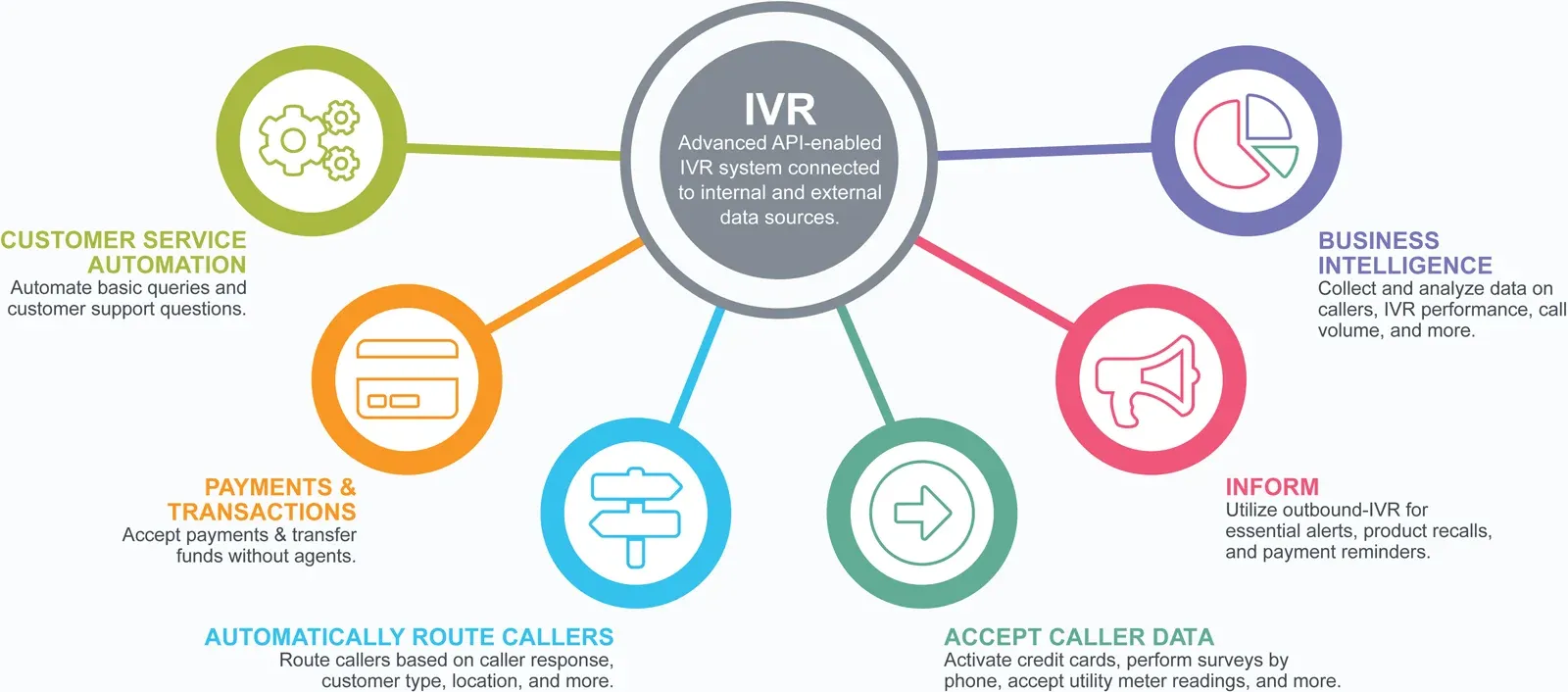
Voicetech IVR systems can understand and interpret customer intent and provide more relevant and accurate answers, leading to increased customer satisfaction.
They can also quickly route customers to the correct department or agent, reducing wait times and improving efficiency.
Voice tech IVR systems can be deployed on various channels such as phone, text, chat, and smart speakers, providing businesses with a multi-channel approach to customer service.
This means that customers can interact with the business using their preferred channel and receive consistent service across all channels.
Voicetech IVR is a game-changer for businesses looking to enhance customer experience and streamline operations.
With the ability to provide more personalized and efficient customer service, companies can improve customer loyalty, increase revenue, and stay ahead of the competition.
Benefits of IVR
Voicetech IVR is a valuable technology for businesses looking to improve customer experience and streamline operations.
By providing a more personalized and efficient customer experience, businesses can increase customer satisfaction, reduce costs, improve efficiency, gain valuable customer insights, and provide 24/7 support across multiple channels.
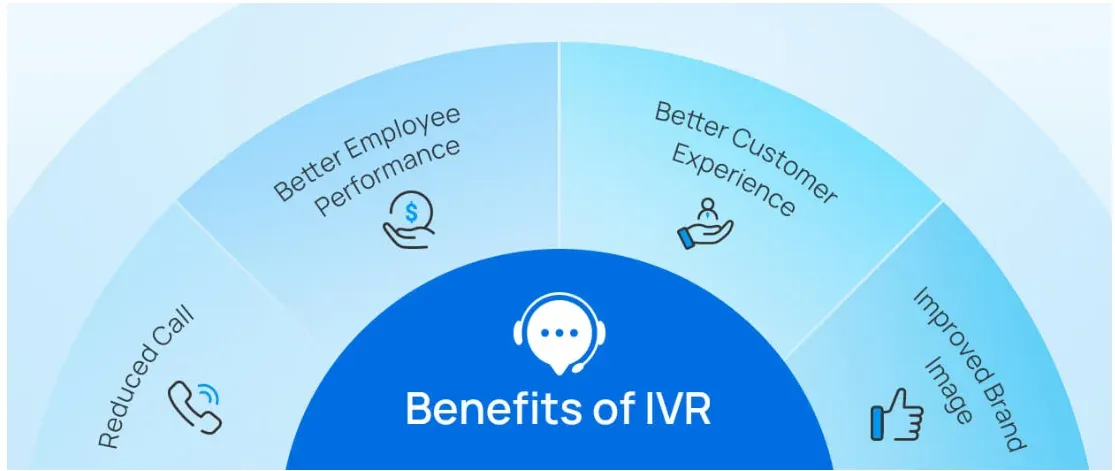
Several benefits of Voicetech IVR make it a valuable technology for businesses looking to improve customer experience and streamline operations.
Here are some of the main benefits of Voicetech IVR:
Increased customer satisfaction
Voicetech IVR can provide a more personalized and efficient customer experience, increasing customer satisfaction.
Voicetech IVR can reduce customer frustration and improve the overall experience by understanding customer intent and providing relevant and accurate responses.
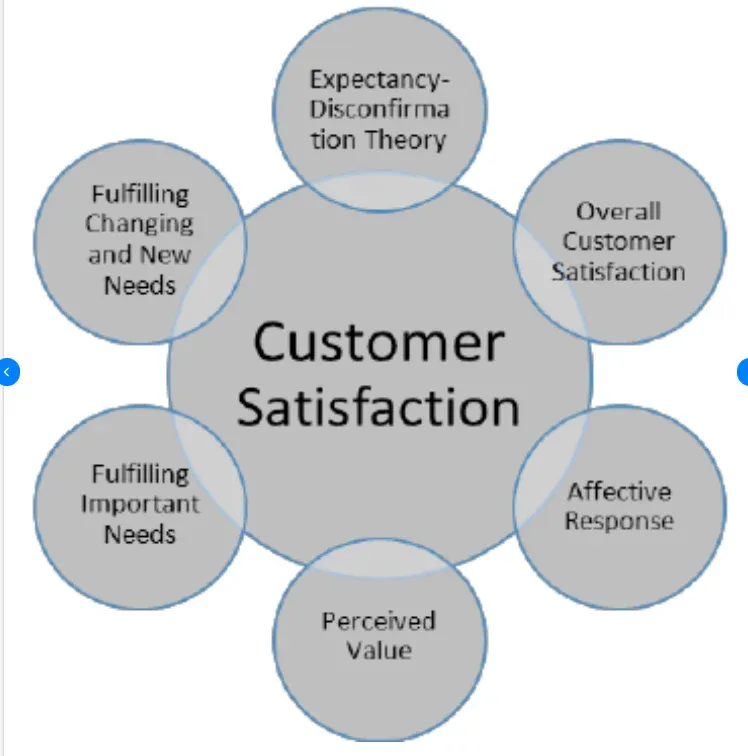
Cost savings for businesses
Voicetech IVR can automate routine customer service tasks, reducing the need for human agents and saving businesses money on labor costs.
With Voicetech IVR, businesses can handle many customer inquiries with minimal staff.
Improved efficiency
Voicetech IVR can route customers to the right department or agent quickly, reducing wait times and improving efficiency.
This means that customers can resolve their issues more quickly, and businesses can handle more customer inquiries in less time.
Better customer insights
Voicetech IVR can collect and analyze data on customer interactions, providing businesses with valuable insights into customer behavior and preferences.
This data can be used to improve the customer experience and make data-driven decisions.

24/7 availability
Voicetech IVR can provide 24/7 customer service, allowing customers to get help outside of regular business hours.
This means businesses can support customers around the clock, improving the overall customer experience.
Multi-channel support
Voice tech IVR can be deployed on various channels such as phone, text, chat, and smart speakers, providing businesses with a multi-channel approach to customer service.
This means that customers can interact with the business using their preferred channel and receive consistent service across all channels.
Voicetech IVR Use Cases
Voicetech IVR has numerous use cases across various industries, enabling businesses to provide personalized and efficient customer service through voice interactions.
As the technology continues to evolve, we expect to see more innovative use cases emerge, making the customer experience even more seamless and convenient.
Here are some examples of how Voicetech IVR is being used today:
Healthcare
Voicetech IVR is used in the healthcare industry to provide patients with automated appointment scheduling, medication reminders, and symptom checking.
Patients can call the system and speak with a virtual assistant that can provide personalized recommendations and route them to the right healthcare provider if needed.
Banking and finance
Voicetech IVR is used in the banking and finance industry to provide customers with account balance inquiries, transaction history, and bill payments.
Customers can speak with the system to get personalized recommendations on financial products, such as credit cards and loans.
Retail
Voicetech IVR is used in retail to provide customers with automated ordering and delivery tracking.
Customers can call the system to place an order and track their delivery status using their voice
Transportatio
Voicetech IVR is used in the transportation industry to provide customers with automated flight information, booking, and check-in.
Customers can speak with the system to get flight status updates, book a flight, and check-in for their flight.
Hospitality
Voicetech IVR is used in the hospitality industry to provide guests with automated room ordering and concierge services.
Guests can speak with the system to order food and beverages, request housekeeping services, and get recommendations for local attractions and restaurants.
Government
Voicetech IVR is used in the government sector to provide citizens with automated information on government services, such as taxes and social security benefits.
Citizens can speak with the system to get personalized recommendations and route them to the right government agency.
The challenges with Voicetech IVR
While Voicetech IVR has numerous benefits, some challenges are associated with implementing this technology.
Here are some of the challenges businesses may face when adopting Voicetech IVR:
Integration with existing systems
One of the biggest challenges with Voicetech IVR is integrating it with existing systems and applications.
This complex process requires significant resources and expertise, especially if the business has multiple legacy systems that must be connected.
Voice recognition accuracy
The accuracy of voice recognition technology is improving rapidly, but it still needs improvement.
There may be instances where the system does not recognize the customer's voice or misinterprets their intent, leading to frustration and a poor customer experience.
Language and accent barriers
Voice tech IVR systems may need help understanding customers with different accents or speaking other languages, leading to a language barrier that can make it difficult for customers to get the help they need.
User adoption
Some customers may resist Voicetech IVR, preferring to speak with a human agent.
Businesses need to educate their customers about the benefits of the technology and ensure that the system is easy to use and understand.
Limited capabilities
While Voicetech IVR can handle many routine customer service tasks, some inquiries may require human intervention.
Businesses need to ensure that their system can recognize when a customer needs to speak with a human agent and route them to the right person quickly.
Security concerns
Voicetech IVR systems may be vulnerable to security breaches, particularly if they are not properly secured.
Businesses must implement security measures such as encryption and two-factor authentication to protect sensitive customer data.
Best Practices for Implementing Voicetech IVR
Implementing Voicetech IVR can be a complex process that requires careful planning and execution.
Here are some best practices that businesses should follow to ensure a successful implementation:
Define your objectives
Before implementing Voicetech IVR, you must define your objectives and what you hope to achieve with the technology.
This will help you determine the project's scope and what features and functionality the system should have.
Analyze customer needs
Analyzing customer needs is critical to the success of Voicetech IVR implementation.
By understanding your customers' needs, you can design a system that meets their requirements and provides a seamless and efficient experience.
Choose the right technology
Many different Voicetech IVR technologies are available, each with its strengths and weaknesses.
Choosing the right technology that meets your business needs and provides the functionality you require is essential.
Optimize the user experience
The user experience is critical to the success of Voicetech IVR.
Businesses should design a system that is intuitive and easy to use, providing customers with clear instructions and options that guide them through the process.
Provide training and support
Training and support to customers and employees are essential to ensure they can use the system effectively.
This includes providing clear instructions on how to use the system and offering support and troubleshooting assistance when necessary.
Monitor performance and make improvements
Once Voicetech IVR is implemented, it is important to monitor its performance and improve as needed.
This includes analyzing call data and customer feedback, identifying improvement areas, and making system changes to enhance the customer experience.
Ensure compliance
Voicetech IVR systems are subject to various regulations and guidelines, such as the Payment Card Industry Data Security Standard (PCI DSS).
It is essential to ensure that your system complies with these regulations to protect sensitive customer data and avoid legal and financial penalties.
The Future of IVR
The Future of Voicetech IVR looks promising, with ongoing technological advancements and increasing demand for efficient, convenient, and personalized customer service experiences.
Here are some key trends shaping the future of Voicetech IVR:
- Voicetech IVR systems can provide more personalized customer experiences as voice recognition technology improves. This includes recognizing individual customers and their preferences, providing tailored recommendations and offers, and anticipating their needs before they even ask.
- Voicetech IVR systems will increasingly be integrated with other technologies such as chatbots, natural language processing, and machine learning. This will allow for more advanced conversational experiences and the ability to handle more complex tasks.
- Automation will play an increasingly important role in Voicetech IVR, with more routine tasks handled automatically, and more complex tasks escalated to human agents when necessary. This will help businesses to reduce costs and improve efficiency while still providing high-quality customer service.
- Voicetech IVR systems will increasingly support multiple channels, including voice, text, and chat. This will allow customers to interact with businesses through their preferred channel, increasing convenience and accessibility.
- As Voicetech IVR systems become more sophisticated, they will provide businesses with more detailed analytics and insights into customer behavior and preferences. This will help businesses to make data-driven decisions and improve their customer service strategies.
- Voicetech IVR is already widely used in healthcare, banking, and retail industries. We can expect the technology to expand to new industries, such as transportation, logistics, and manufacturing.
By embracing these trends and innovating, businesses can stay ahead of the curve and provide their customers with the best possible experience.
Conclusion
In conclusion, Voicetech IVR is revolutionizing communication with businesses and customer service.
By leveraging the power of voice recognition technology, companies can provide personalized and efficient customer service experiences that meet the needs of their customers.
However, implementing Voicetech IVR can be a complex process that requires careful planning and execution.
That's where BotPenguin comes in. BotPenguin is a leading chatbot platform that offers a range of automation solutions.
With BotPenguin, businesses can easily implement automation systems that meet their needs and provide a seamless and efficient customer service experience.
By leveraging the advanced technology and expertise offered by BotPenguin, businesses can stay ahead of the curve and provide their customers with the best possible experience.
Whether you're a small startup or a large enterprise, BotPenguin has the solutions you need to succeed in today's increasingly competitive business landscape.
Contact BotPenguin today to learn more and see how we can help you take your customer service to the next level!
Frequently Asked Questions(FAQS)
What is Voicetech IVR and how does it differ from traditional IVR systems?
Voicetech IVR, or interactive voice response, uses voice recognition technology to allow customers to interact with businesses through voice commands.
At the same time, traditional IVR systems require customers to navigate through a menu using touch-tone commands.
This makes Voicetech IVR more user-friendly and efficient.
What are some benefits of using Voicetech IVR for businesses and their customers?
Voicetech IVR provides several benefits, including increased customer satisfaction, improved efficiency, and cost savings, and the ability to provide personalized and tailored customer experiences.
It also allows for 24/7 availability and multi-language support.
What are some common use cases for Voicetech IVR?
Voicetech IVR is used in a variety of industries, including healthcare, banking, retail, and telecommunications.
Common use cases include appointment scheduling, prescription refills, account balance inquiries, and bill payments.
What are some challenges of implementing Voicetech IVR?
Challenges of implementing Voicetech IVR include ensuring the accuracy and reliability of voice recognition technology, integrating with other technologies and systems, and providing adequate training and support for both customers and employees.
What are some best practices for implementing Voicetech IVR?
Best practices for implementing Voicetech IVR include conducting thorough research and analysis of customer needs and preferences, partnering with a reputable Voicetech IVR provider, providing clear and concise prompts and menus, and regularly monitoring and updating the system.
How is Voicetech IVR evolving, and what does the future hold?
Voicetech IVR is evolving to provide more personalized and advanced customer experiences through natural language processing, machine learning, and advanced analytics.
The future of Voicetech IVR is promising, with increasing demand for efficient and personalized customer service experiences.
How can BotPenguin help businesses with Voicetech IVR implementation?
BotPenguin is a leading chatbot platform that offers a range of automation solutions, including customer support automation, lead generation, and marketing automation.
BotPenguin can help businesses with all aspects of automation, from planning and design to training and support.
What kind of businesses can benefit from Voicetech IVR?
Any business interacting with customers can benefit from Voicetech IVR, including healthcare providers, banks, retailers, telecommunications companies, and more.
Is Voicetech IVR secure and compliant with data privacy regulations?
Yes, Voicetech IVR is secure and compliant with data privacy regulations, provided that the system is designed and implemented with security and privacy in mind.
Businesses should partner with a reputable Voicetech IVR provider and follow the best data privacy and security practices.


